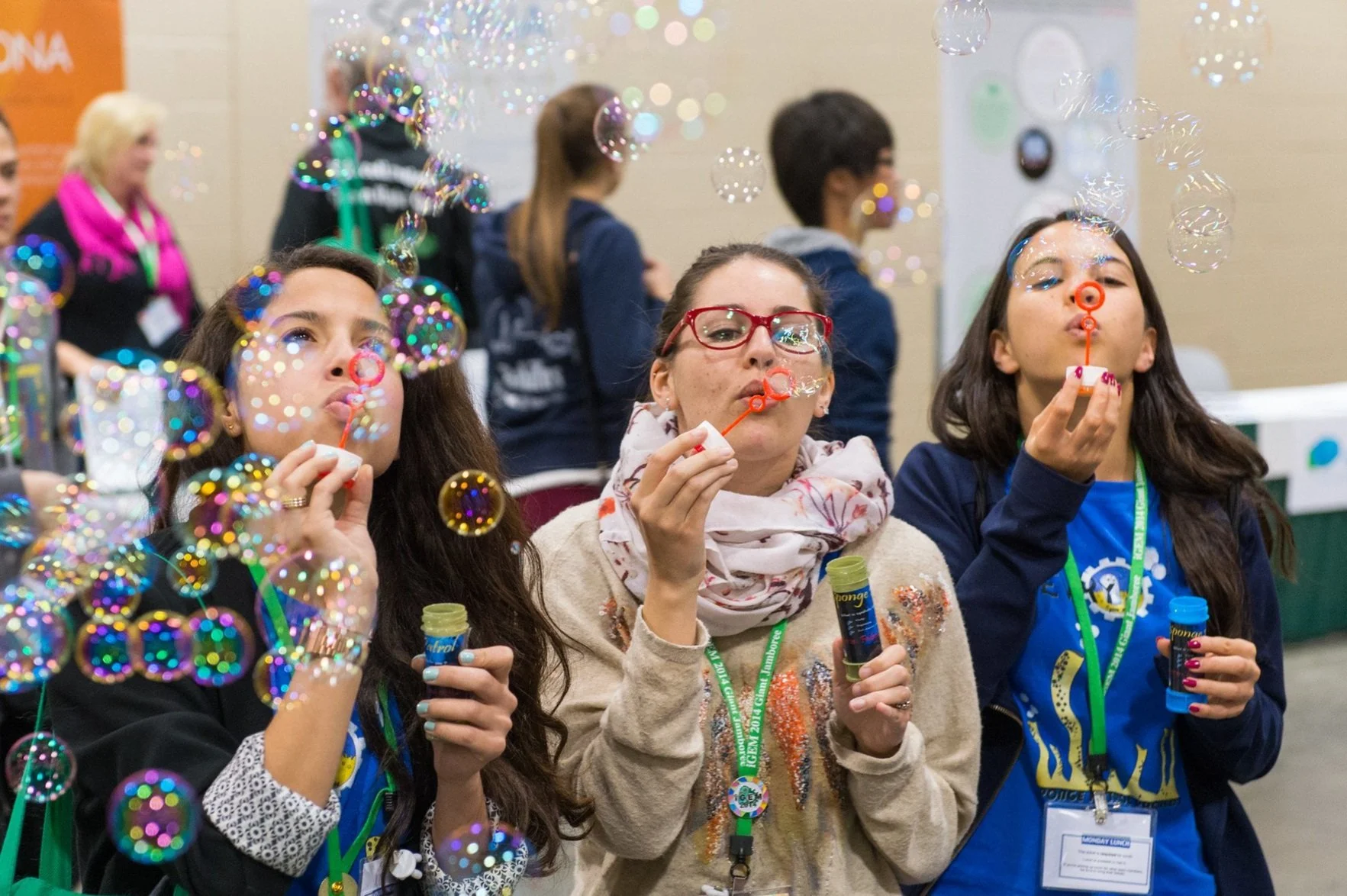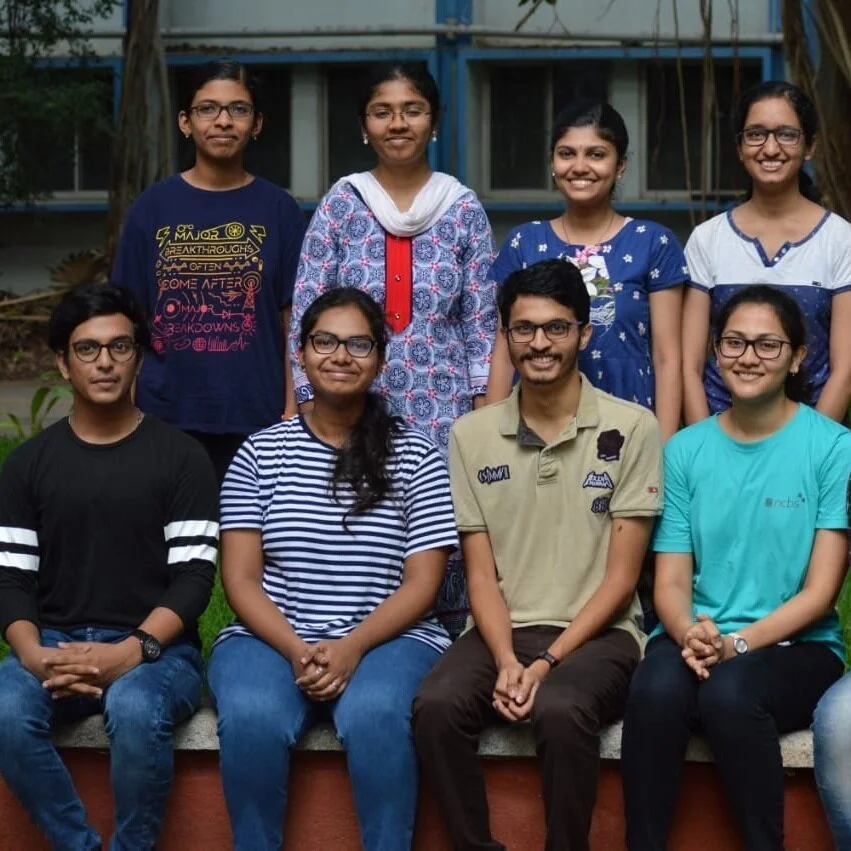All tagged Diversity and Inclusion
Change happens when people learn about a problematic situation, and assume personal responsibility for acting to correct the situation. iGEM teams do this all the time as they seek to make positive change by addressing problems facing our world using the tools of synthetic biology. But the changes iGEMers seek to make are not solely changes that come about by developing new technologies, they are also changes within our own and the greater synthetic biology community.
More diverse and inclusive teams produce greater innovation and overall better science. Yet, STEM (science, technology, engineering, and math) fields still exist within demographic bubbles due to the systemic and persistent exclusion of people based on gender, or ethnicity, or socioeconomic status, or other reasons. iGEM’s new purpose is to make sure that the field of synthetic biology, and all of the power that this technology holds, gets developed everywhere by everyone.
On Friday February 11, the United Nations will observe the International Day of Women and Girls in Science. We’d like to honor the International Day of Women and Girls in Science by raising awareness about the projects and events of the Women in STEM initiative (WiSTEM).
Last year, we introduced the Inclusivity Award to recognize excellence among iGEM teams working to create a more inclusive and representative scientific community. This special award honors teams that have made exceptional and thoughtful efforts to eliminate the barriers that prevent underrepresented groups from contributing to, participating in, or being represented by scientific research.
iGEM’s new purpose is to make sure synthetic biology gets developed everywhere by everyone. Yet, how can we talk about “synthetic biology” all around the world when most scientific papers (and podcasts, blog posts, et cetera) are still developed and shared only in English?
We are excited to present this interview series to celebrate women in STEM (Science, Technology, Engineering, and Mathematics). The main idea of this interview series is to inspire the current and next generations of women and girls who are interested in science. For this series, we gathered speakers with diverse backgrounds and experience from different regions, all of them doing amazing jobs and leading their fields.
In designing your iGEM project, we encourage you to consider: Who is included in your project design? Who benefits from your research? Will anyone be disadvantaged? Although you may want your iGEM project to benefit society, even your best intentions can have unintended consequences, especially for groups that are already disadvantaged.
The iGEM competition should be a challenging, fun, and rewarding experience. But like all science and engineering, every iGEM project has some potential to cause harm. And so iGEM has a number of policies in place, as well as dedicated committees, to help teams do the best science and engineering possible – maximizing benefits for the world while at the same time minimizing any chance of harm.
iGEM is a unique space for a diverse range of students because iGEM actively attempts to encourage and support students from around the world to participate in its competition and community. But for the mentors or instructors in the room, what do you do actively to ensure that a diverse range of students in your program feel welcome and included?
As we found out explaining a synthetic biology project was not an easy task. The field itself is an integration of disciplines, and relies heavily on metaphors to make it more understandable. In areas where the boundaries between disciplines are a bit bold, it is a challenge to explain the disciplinary overlap that exists within and through Synthetic Biology. But beyond that, we noticed that there is a bigger challenge and that lies in the language, the one which makes the spoken be easily heard.
As a young, confused, and gay teenage boy living in the Danish countryside, I had very few role models: people I could relate to and people who were like me.












